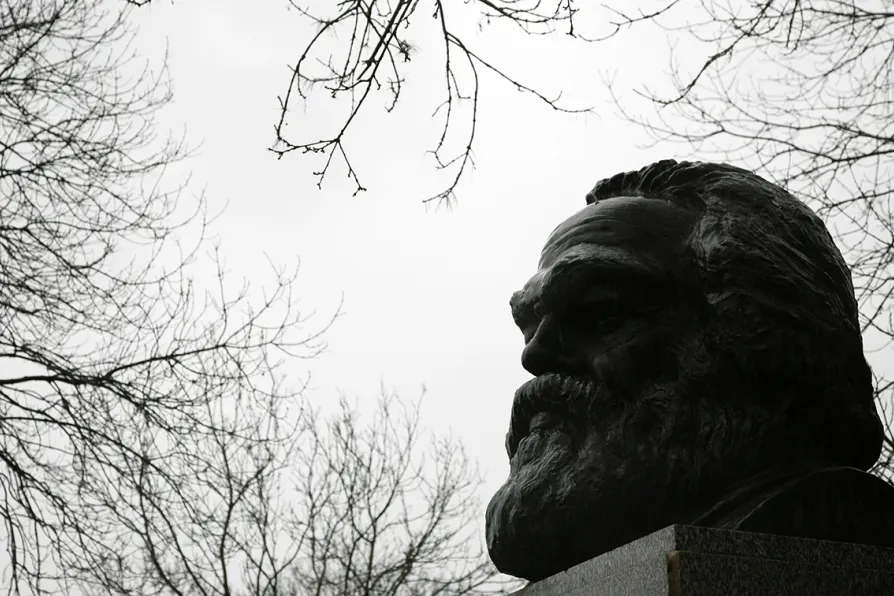Does widespread and uncontrolled use of AI change our relationship with scientific meaning? Or with each other? ask ROX MIDDLETON, LIAM SHAW and MIRIAM GAUNTLETT

 A view of the grave of Marxist philosopher Karl Marx (1818-1883) in Highgate Cemetery East in Highgate, north London
A view of the grave of Marxist philosopher Karl Marx (1818-1883) in Highgate Cemetery East in Highgate, north London
TWO books take us back to the middle of the 19th century — the poetry of Byron and the Manifesto of the Communist Party.
It was perfect timing. Just as a chain of democratic revolutions against the tyrannies and despotic royal regimes of Europe began, two young Germans, Karl Marx and Friedrich Engels, penned The Manifesto of the Communist Party. It appeared in print on February 21 1848.
Marx and Engels later recounted: “The Communist League, an international association of workers, which could, of course, be only a secret one, under conditions obtaining at the time, commissioned us, the undersigned, at the Congress held in London in November 1847, to write for publication a detailed theoretical and practical programme for the party.

The selection, analysis and interpretation of historical ‘facts’ always takes place within a paradigm, a model of how the world works. That’s why history is always a battleground, declares the Marx Memorial Library

The summer saw the co-founders of modern communism travelling from Ramsgate to Neuenahr to Scotland in search of good weather, good health and good newspapers in the reading rooms, writes KEITH FLETT











